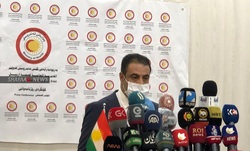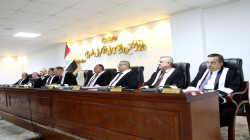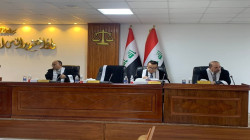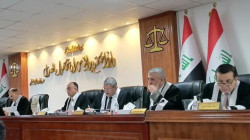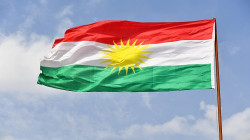Kurdistan's judiciary criticizes Federal Supreme Court for 'violating the constitution'
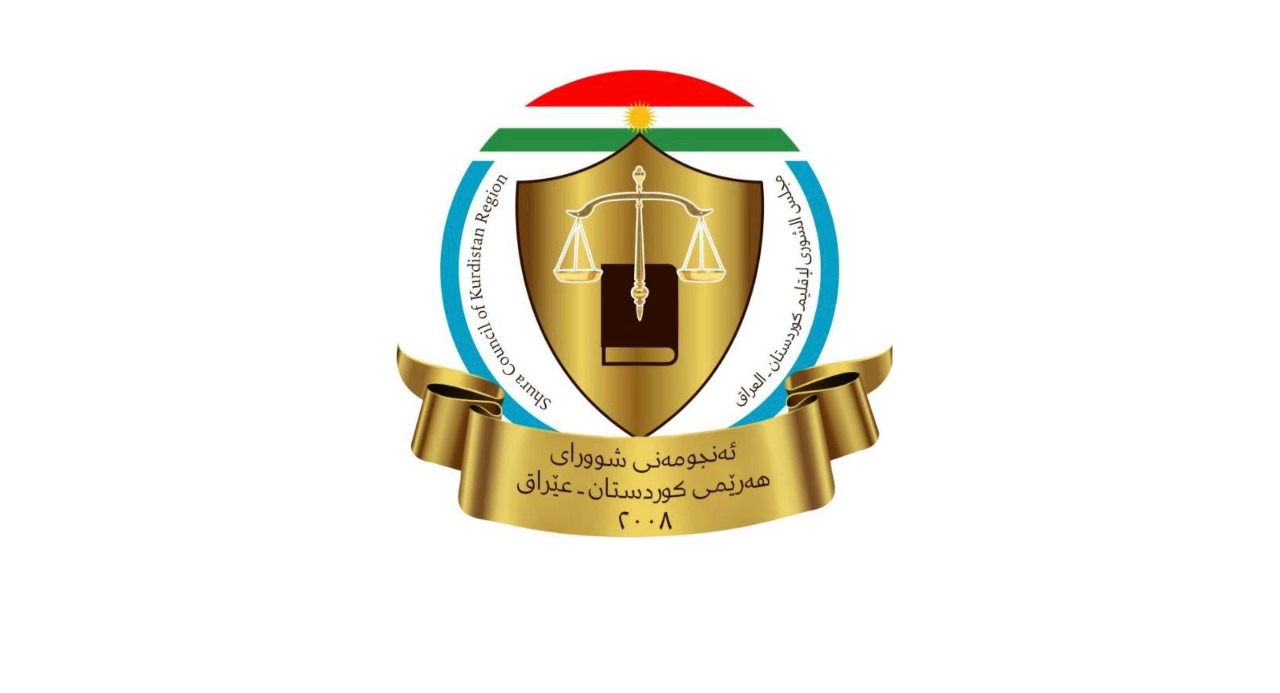
Shafaq News/ The Kurdistan Judicial Council (KJC) on Thursday issued a statement criticizing the Federal Supreme Court (FSC) of Iraq for "violating the constitution" in its recent rulings on a lawsuit involving the Kurdistan Region.
The KJC statement, signed by its head Judge Sardar Yassin Hama Amin, listed six specific instances where the FSC had allegedly violated the constitution.
1. Overstepping its authority
The KJC accused the FSC of overstepping its authority by effectively legislating in its ruling on the constitutionality of the Kurdistan Region's election law.
"The FSC has substituted itself for the legislative authority," the statement said. "This is a clear violation of Article 93 of the Iraqi Constitution."
2. Disregarding the plaintiff's request
The KJC also accused the FSC of disregarding the request of the plaintiff in the case, who had not asked for the abolition of the 11 quota seats for minorities in the Kurdistan Parliament.
"The FSC has ruled on something that was not even requested by the plaintiff," the statement said. "This is a clear violation of the legal principle that a case is determined by its pleadings."
3. Ruling against a non-existent entity
The statement accused the FSC of ruling against a non-existent entity, namely the Speaker of the Kurdistan Parliament, who had been dissolved by the FSC in a previous ruling.
"The FSC has ruled against a party that no longer has any legal standing," the statement said. "This is a clear violation of the law."
4. Contradicting its own rulings
The KJC lambasted the FSC for contradicting its own rulings, in particular its ruling on the constitutionality of the Kurdistan Region's election law.
"The FSC has ruled that the quota seats are unconstitutional, but it has also ruled that the Kurdistan Region must be divided into at least four electoral districts," the statement said. "This is a clear contradiction."
5. Failing to comply with the constitution
The KJC finally accused the FSC of failing to comply with the constitution in its composition. "The FSC is not composed in accordance with Article 92 of the constitution," the statement said. "This is a clear violation of the constitution."
The KJC statement concluded by calling on the FSC to "respect the constitution and exercise its powers as stipulated in the constitution."
On Wednesday, Iraq's Supreme Federal Court ruled that the Kurdistan Region parliament's minority quota seats are "unconstitutional". The court also obligated the Kurdistan Regional Government (KRG) to hand over all oil and non-oil revenues to Baghdad and said the Iraqi federal government must pay the salaries of the KRG civil servants.
The court's ruling stated that the Kurdistan region's parliament consists of 100 lawmakers, thus terminating the existence of eleven quota seats for the Turkmen, Christians and Armenian minorities in the region that have been enacted in the legislature since 1992.
The court's decision stemmed from lawsuits filed by politicians from the ruling Patriotic Union of Kurdistan (PUK), challenging the constitutionality of the Kurdistan region's election Law 1 of 1992, particularly the provision allocating 11 seats to minorities under a quota system. The court ruled that this provision, along with others, was unconstitutional.
the court ruled that Iraq's Independent High Electoral Commission (IHEC) would replace the Kurdistan region's electoral commission to oversee the upcoming general elections in the region. The elections are expected to be held by late June. The President of the Kurdistan region, Nechirvan Barzani, is expected to announce a new election day soon in coordination with IHEC.
Elections in Iraqi Kurdistan had been scheduled for late 2022. Still, disputes between its two main parties —KDP and PUK— forced the assembly to extend its mandate until the end of 2023.
However, the Court on May 23 ruled against extending the term of the Kurdistan region's parliament as contrary to the country's constitution, declaring the Kurdish legislature as terminated.
The court also revoked Article 9 in the region's election law, which asserted that the Kurdistan region constitutes a single electoral constituency as "unconstitutional." The court mandated the division of the region into "at least four electoral constituencies."
Additionally, the court decided that all political parties and entities must reserve a quota for women, comprising no less than thirty per cent of their total number of election candidates. This quota is to be enforced after the parliament elections.
Iraq's top court decisions are final and binding for all authorities nationwide.
